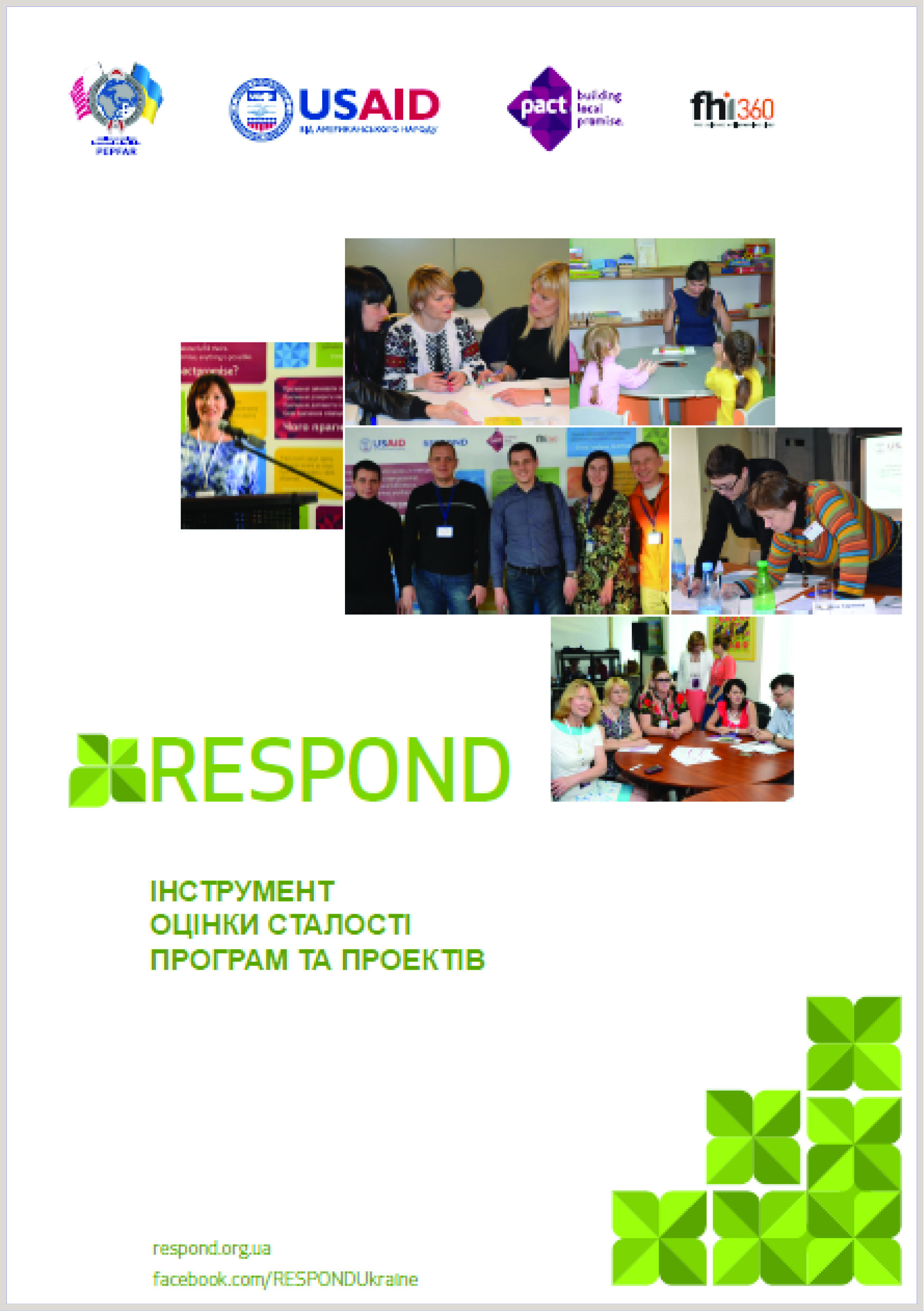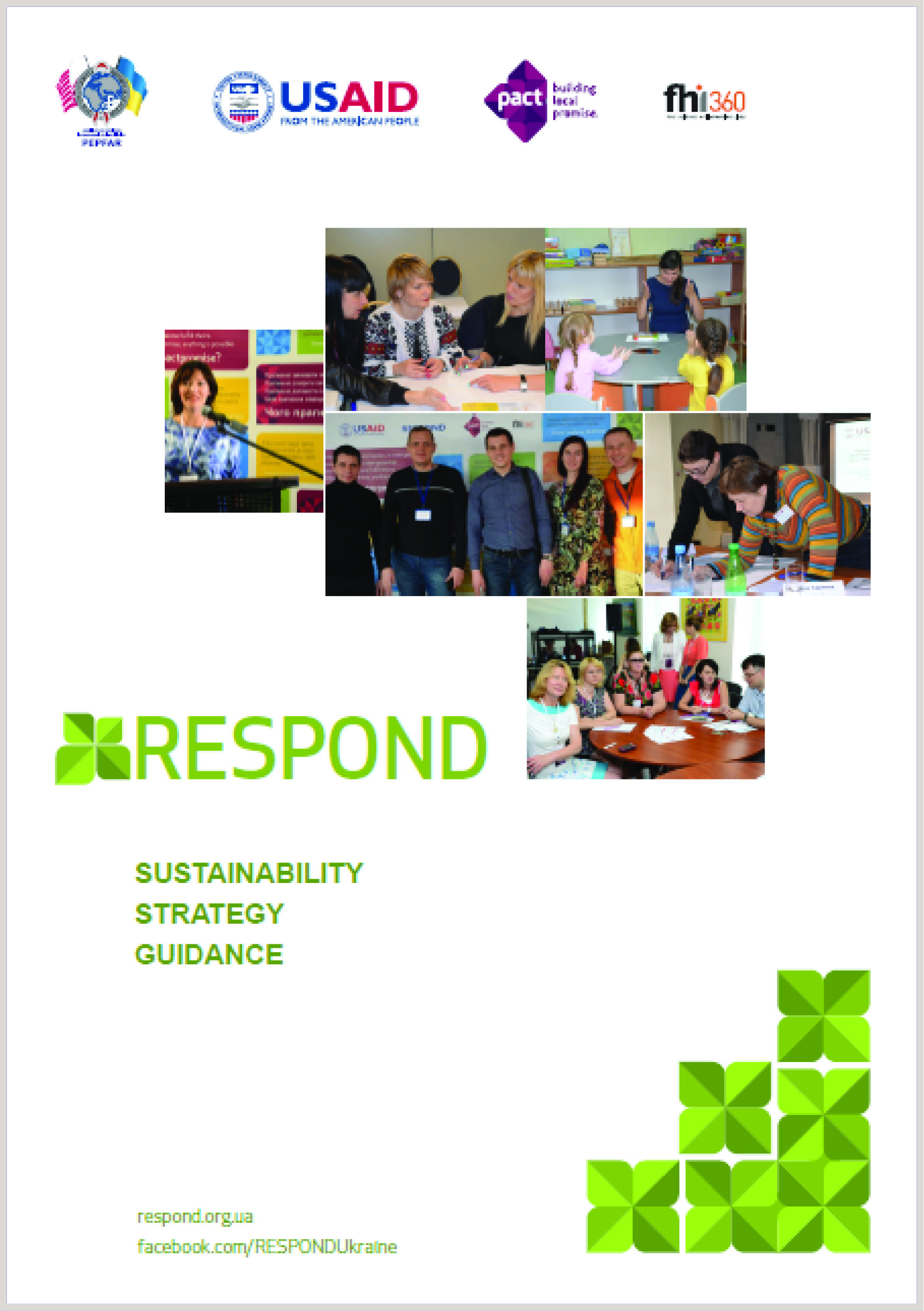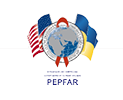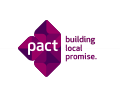 |
The Program Sustainability Assessment Tool belongs to the Washington University in St. Louis, Missouri, U.S.A. The capacity to sustain programs and projects is critical at all levels and in any environment. Unfortunately, when projects end due to their funding cycles, improvements achieved in the sphere of healthcare, medical and social services may whither. With this instrument, projects’ sustainability can be evaluated by analyzing sustainability components of the organizational capacity. Evaluation results can be used for planning of sustainability strengthening activities for projects and/or the organization as a whole. |
 |
The purpose of a sustainability strategy is to provide an organization with a landscape analysis and support in making choices around its structure, resources, operations, and needs to ensure it sustains itself over a three-year period or longer. The strategy enables organizations to think outside its current projects, identify what is needed for sustainability and outline how to attain those markers. Based on the analysis of trends, the leadership of an organization can evaluate different opportunities, and decide not only what it should do, but also what it should not do. This toolkit consists of a collection of tools, questions, and approaches useful in developing a sustainability strategy. It is constructed to provide guidance on the design of the strategy with minimum standards in mind. By following this process, the organization should be able to articulate and document the following:
|



